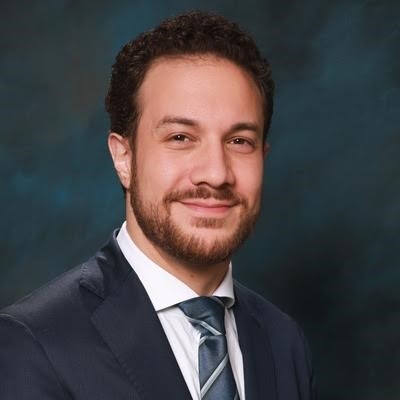Daniel Lifschitz is a seasoned entertainment, intellectual property, and business litigator who is regularly sought out by artists, producers, record labels, studios, media outlets, and fellow practitioners for his extensive knowledge of copyright law. In addition to teaching courses on the subject for UCLA and Southwestern Law School, Daniel has worked on a variety of industry-leading copyright cases resulting in numerous landmark settlements, the creation of Supreme Court precedent, and the passage of major legislation by the United States Congress. His practice additionally covers contractual disputes, business torts, free speech and defamation claims, anti-SLAPP (strategic lawsuits against public participation) motions, trademark issues, rights of privacy and publicity, class actions, and Section 230 defenses. Daniel is often called on to apply his broad litigation skill set to a variety of nonentertainment business sectors ranging from insurance brokerage to political consulting, and he is lauded by clients for his use of deep legal research to craft winning arguments for even the most esoteric matters.
Prior to joining Gipson Hoffman & Pancione, Daniel was a partner at a leading boutique entertainment litigation firm in Beverly Hills. He also served as in-house counsel at a major music rights administration service whose clients included Amazon, Microsoft, Apple, Pandora, SiriusXM, Soundcloud, Tidal, Spotify, iHeartMedia, PlayNetwork, Deezer, Slacker, Hoopla, and Musical.ly (now TikTok). He received his B.A. in English and Political Science from Washington & Jefferson College and his J.D. from Loyola Law School in Los Angeles, where he graduated with honors from its Entertainment Law Concentration, served on the school’s International and Comparative Law Review as an editor and published author, and was awarded the 2012 Paul Miller Memorial Fund Scholarship by the Los Angeles Copyright Society.
Beyond his litigation and educational work, Daniel serves as an advisor to Southwestern Law School’s Entertainment and Arts Legal Clinic, where he provides pro bono assistance to both potential and active litigants before the Copyright Claims Board. He frequently pens articles and speaks on panels concerning cutting-edge legal issues and has been quoted in a variety of publications discussing those issues, including The New York Times and Bloomberg Law. Time permitting, he is also a guitarist, concert aficionado, snowboarder, and video game enthusiast.


